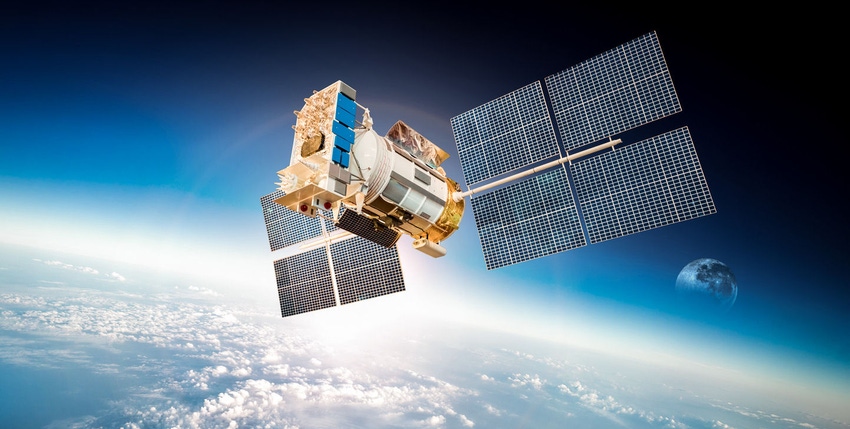Regulatory hurdles are piling up in front of satellite operator Viasat as it looks to gobble up rival Inmarsat.
August 10, 2022

Regulatory hurdles are piling up in front of satellite operator Viasat as it looks to gobble up rival Inmarsat.
The UK’s Competition and Markets Authority (CMA) on Tuesday formally kicked off an investigation into the tie-up, less than two weeks after the European Commission revealed it is undertaking a review of its own.
Under the proposed acquisition, announced last November, US-based Viasat will cough up $850 million in cash plus 46.36 million in shares – worth $3.1 billion at the time – for its UK counterpart. It will also take on $3.4 billion of Inmarsat net debt.
If it proceeds, the tie-up will create a satellite services behemoth that can offer high-capacity Ka-band coverage and L-band services for narrowband IoT connectivity from a 19-strong fleet of geostationary satellites, with more in the pipeline. Inmarsat last year also announced plans to augment its infrastructure with a constellation of low Earth orbit (LEO) satellites. The combined entity would also boast an extensive footprint of ground stations and an enviable number of high-value customers.
However, it seems that Viasat and Inmarsat shouldn’t get too far ahead of themselves. In a statement on Tuesday, the CMA said it has notified both parties it has launched a phase one investigation as part of its effort to ascertain whether the merger will “result in a substantial lessening of competition” in the UK. In July, the watchdog also invited comments from interested parties; these still have until 15 August to respond.
The CMA’s move comes after the European Commission revealed late last month that it too will look into the deal. While the combined entity does not meet its turnover threshold to trigger mandatory notification to the competition authorities, it does meet Spain’s, which then asked the EU to examine the matter. Spain’s referral request was subsequently joined by a further 12 member states, including Belgium, France, Ireland and Italy, among others.
The reason being, both Viasat and Inmarsat conduct a lot of business in the Single Market, and it is therefore in their interest to investigate whether their combination will harm competition and therefore customers. The upshot is, Viasat can’t carry out the acquisition until it is cleared by the Commission.
Meanwhile, the CMA has given itself until October 5th to decide whether the proposed transaction merits a more in-depth, phase two investigation. These take up to 24 weeks, with the option of a one-off, eight-week extension depending on how it’s going.
Then there’s the possible national security angle to all this. While Viasat and Inmarsat both provide services to the UK defence sector, the deal nonetheless still involves a foreign-backed entity taking control of a UK entity that provides services pertaining to national security.
In addition, Elon Musk’s SpaceX has formally petitioned the US Federal Communications Commission (FCC) to block the deal. In its complaint, filed in June, it said the deal would not serve the public interest due to Viasat’s alleged unauthorised use of certain channels within the Ka band to communicate with earth stations, causing interference with SpaceX’s own Starlink LEO network.
In short, there is a lot to pick through here.
When the deal was first announced, the parties said they expected everything to be done and dusted during the second half of this year. They can probably already kiss that deadline goodbye. And should the CMA decide a phase two investigation is necessary, then all bets are off as regards to when the deal might complete, if indeed at all.
Get the latest news straight to your inbox. Register for the Telecoms.com newsletter here.
About the Author(s)
You May Also Like








.png?width=300&auto=webp&quality=80&disable=upscale)


_1.jpg?width=300&auto=webp&quality=80&disable=upscale)


.png?width=800&auto=webp&quality=80&disable=upscale)